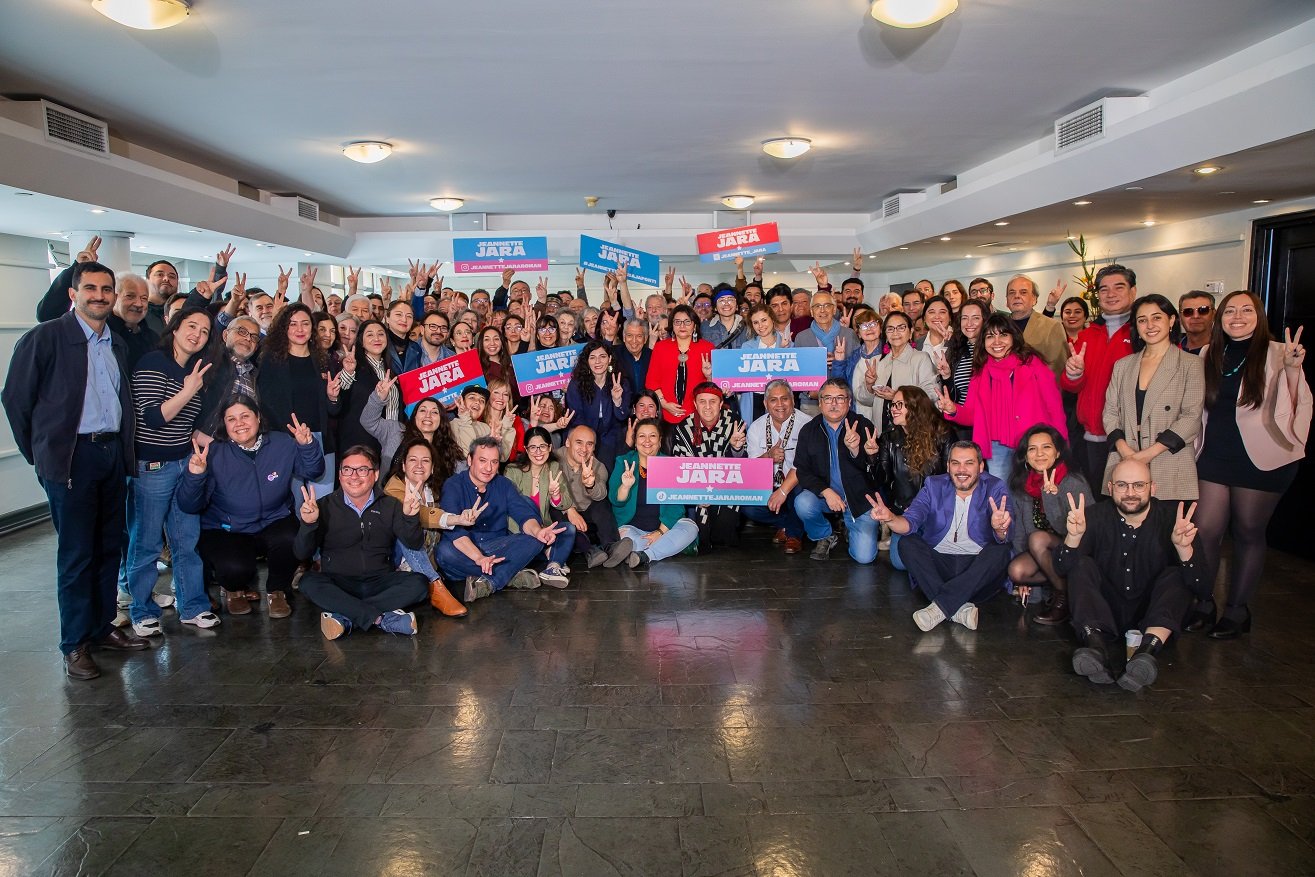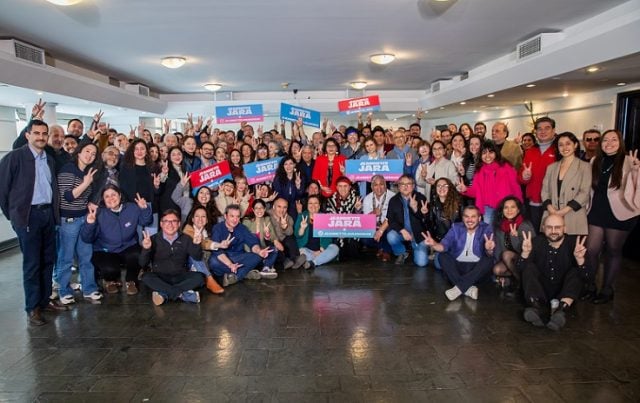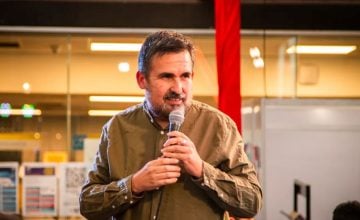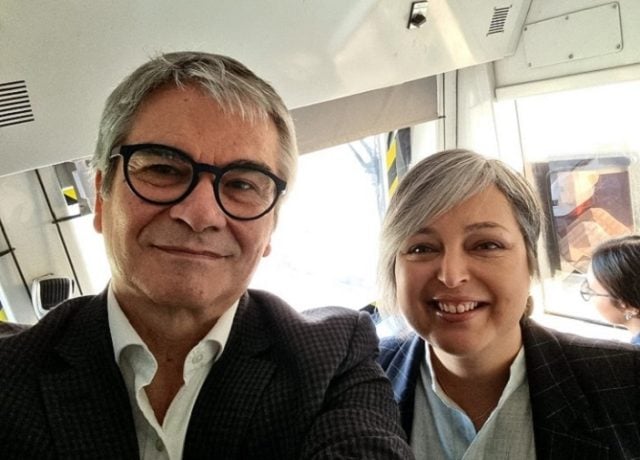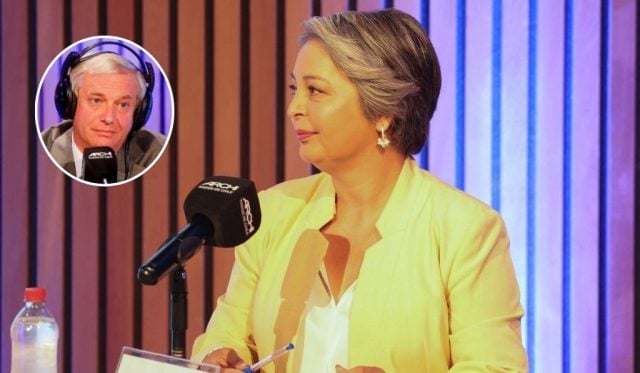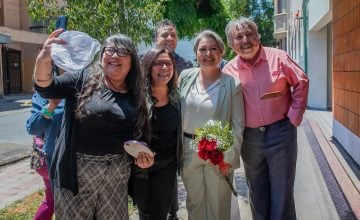Jeannette Jara’s campaign wraps its policy phase and prepares the territorial rollout of the “Un Chile que cumple” program
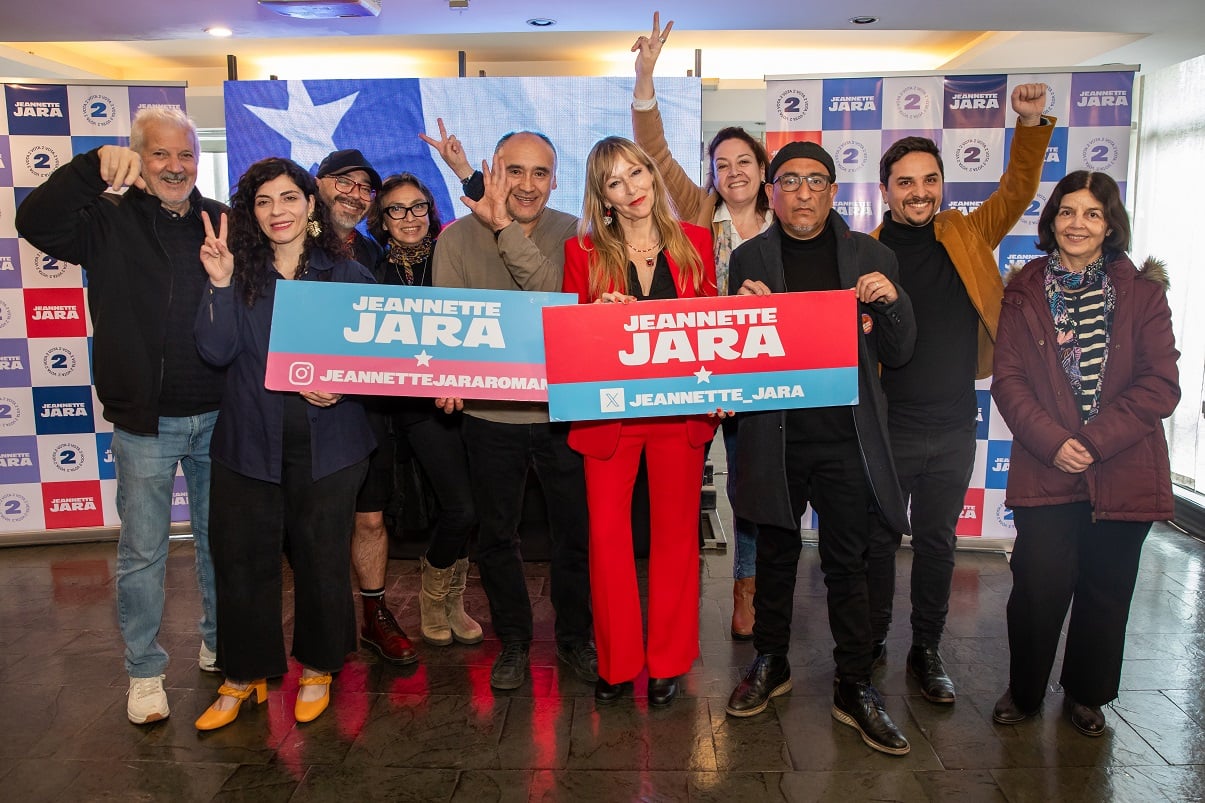
Jeannette Jara’s presidential team on Saturday concluded its program refinement phase at an event led by content coordinator, Camila Miranda and strategic committee coordinator Darío Quiroga, together with the heads and spokespeople of the sectoral teams. Held at the Hotel Fundador, the meeting brought together more than 180 specialists who took part in the 26 program commissions tasked with drafting and systematizing the “Un Chile que cumple” platform, which will be published this Monday.
The goal was to recognize citizen contributions and the technical work carried out in recent months, while opening a new phase: disseminating and socializing the program’s proposals with communities, social organizations, and territories across the country.
“Today we conclude a collective effort that involved more than 180 experts and more than four thousand people who participated in citizen-listening processes throughout Chile,” said Camila Miranda, emphasizing that the result is “a robust, realistic program that can be delivered in four years,” focused on offering “concrete answers to Chileans’ main concerns, such as security, health, housing, and the strengthening of democracy.”
20% reduction in electricity bills
Economist Nicólas Bohme presented one of the most talked-about measures: a proposal to cut electricity prices by 20% for all households nationwide, with discounts of up to 40% for the most vulnerable families.
“We will guarantee a vital electricity consumption of 85 kilowatt-hours per month at no fiscal cost, leveraging the price reductions driven by the expansion of renewable energy, especially solar. We will fully respect all existing contracts in the power system, through a transparent and competitive mechanism that will pass the savings directly to families,” he explained.
No more abuses with the UF index
Economist Luis Eduardo Escobar detailed the proposal to limit the use of the Unidad de Fomento (UF) to its original purpose, restricting its application in areas where “it should never have been used.”
“It makes no sense to charge rent, tuition, or everyday services in UF. Those costs are in pesos and should be billed in pesos, so families can pay reasonably with their incomes,” he said.
Justice for caregivers
Former minister Jeanette Vega highlighted the decision to increase the caregivers’ stipend from CLP $30,000 to CLP $160,000 per month, and to double the number of beneficiaries from 30,000 to 60,000.
“This is a measure that restores dignity to those who provide care—most of them women. Care will be a cross-cutting pillar of the program, with prioritized healthcare and support across all social services,” she said.
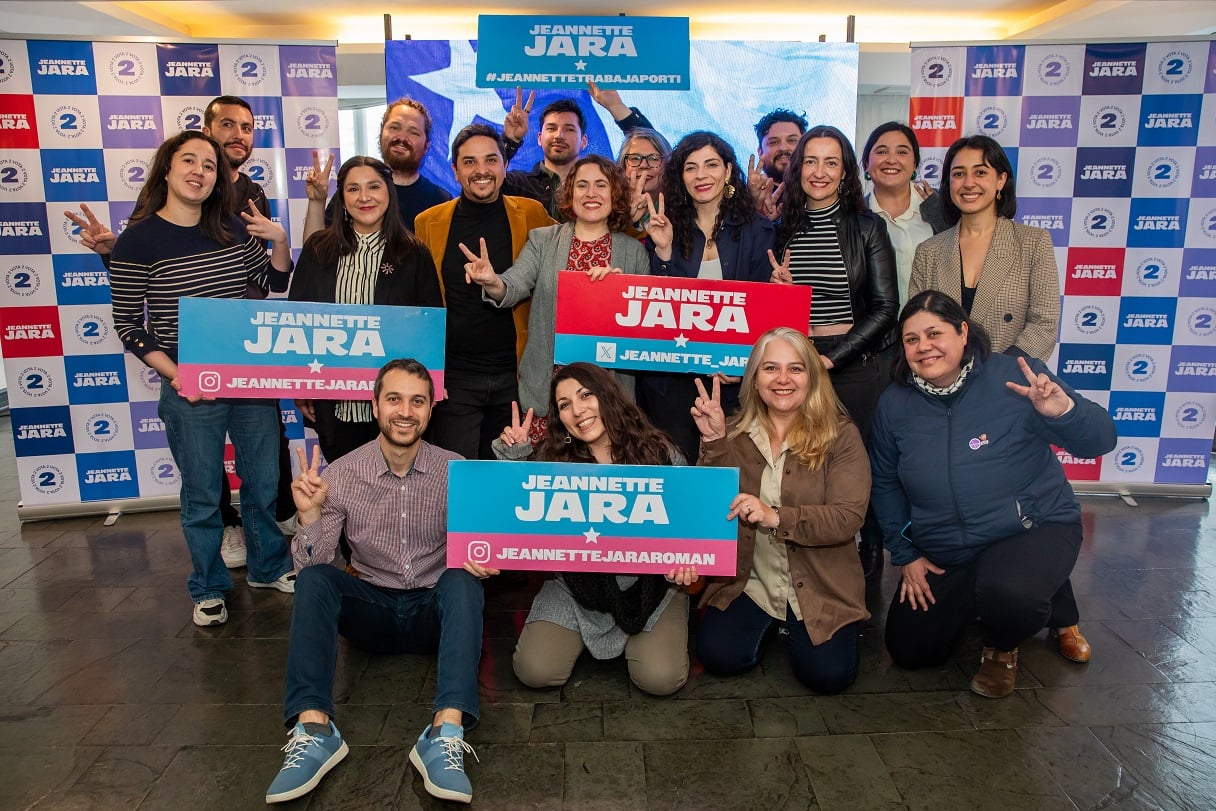
Reclaimed territories and fear-free security
Deputy Raúl Leiva outlined the security commitments, stressing that public safety will be a structural pillar of the government program.
“The challenge is for the state to reclaim territories with a security strategy free of fear, grounded in social prevention, institutional coordination, and effective prosecution of crime,” he said.
Housing and “Hipotecazo”: real solutions for the middle class
National Architecture Award winner Cristián Castillo highlighted that Jeannette Jara’s presidential platform prioritizes housing with concrete, achievable targets.
“For the first time, housing is a top priority in a government program. The 260,000 homes pledged will be delivered in four years, with fair-rent policies and the ‘Hipotecazo,’ a mechanism that will enable young people up to 40 to access their first home with affordable mortgage payments,” he explained.
Culture and citizenship
Deputy Ana María Gazmuri, who leads the culture, arts, and heritage pillar, underscored the participatory nature of the process, the fiscal responsibility underpinning each proposal, and the certainty provided by the government program.
“Building a program with nine parties and civil society has been an enormous challenge. Today we close that phase and begin another: going out into the territories to share this collective work. It is a serious, responsible, and realistic program, committed to helping Chilean families live better and in peace,” she concluded.
